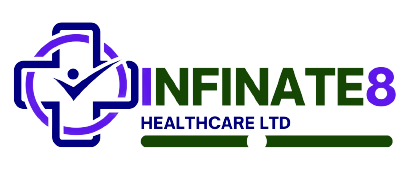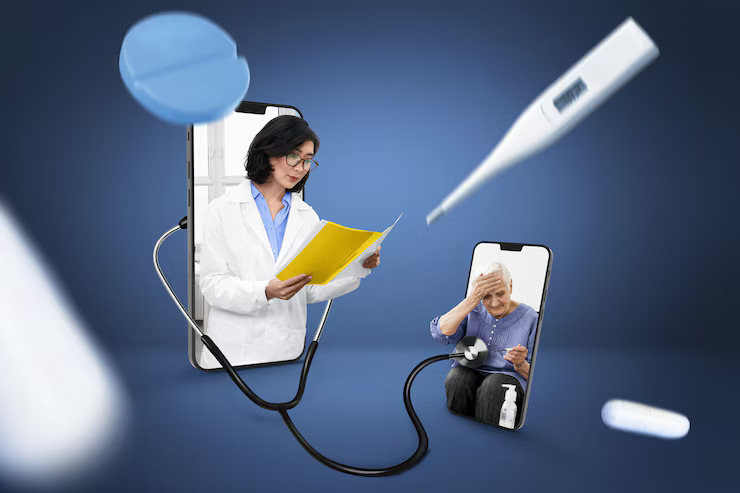In today’s digital age, technology has become an invaluable ally for caregivers, offering a myriad of tools and resources to streamline tasks, enhance communication, and improve the overall quality of care provided to loved ones. From remote monitoring devices to specialized apps, caregivers now have access to a wide range of tech solutions that can significantly simplify their caregiving responsibilities. In this article, we’ll explore some of the most innovative tech tools for caregivers and how they can make a caregiver’s job easier.
Remote Monitoring Devices
One of the most significant advancements in caregiving technology is the development of remote monitoring devices. These devices, such as wearable health trackers and home sensors, allow caregivers to keep track of their loved one’s vital signs, activity levels, and even medication adherence from a distance. By providing real-time data and alerts, remote monitoring devices offer peace of mind to caregivers while enabling them to intervene promptly in case of emergencies.
Medication Management Apps
Managing medications can be a daunting task for caregivers, especially when dealing with multiple prescriptions and complex dosing schedules. Medication management apps, such as Medisafe and CareZone, simplify this process by providing medication reminders, refill alerts, and dosage tracking features. These apps help caregivers ensure that their loved ones take their medications on time and in the correct doses, reducing the risk of medication errors and missed doses.
Telehealth Platforms
Accessing healthcare services can be challenging for both caregivers and their loved ones, particularly for those with mobility issues or chronic conditions. Telehealth platforms, such as Doctor on Demand and Teladoc, allow caregivers to schedule virtual appointments with healthcare providers from the comfort of their homes. These platforms enable caregivers to consult with doctors, nurses, and specialists, discuss treatment options, and receive medical advice without the need for in-person visits, saving time and reducing the logistical burden associated with traditional healthcare appointments.

Care Coordination Apps
Coordinating care among multiple caregivers, family members, and healthcare professionals can be complex and time-consuming. Care coordination apps, such as CareZone and Lotsa Helping Hands, facilitate communication and collaboration among caregivers by centralizing information, organizing tasks, and creating shared calendars. These apps help caregivers coordinate schedules, delegate responsibilities, and stay updated on their loved one’s care plan, fostering greater efficiency and teamwork.
Safety and Security Systems
For caregivers of older adults or individuals with cognitive impairments, ensuring their safety and security is a top priority. Smart home security systems, such as motion sensors, doorbell cameras, and smart locks, provide caregivers with peace of mind by monitoring their loved one’s movements, detecting falls or emergencies, and preventing unauthorized access to their home. These systems can also send alerts to caregivers’ smartphones or other devices, allowing them to respond quickly to potential safety concerns.
Memory Aids and Cognitive Support Apps
Caregiving for individuals with dementia or cognitive decline presents unique challenges, including memory loss and difficulty performing daily tasks. Memory aids and cognitive support apps, such as reminders apps and interactive games, help caregivers support their loved ones’ cognitive function and independence. These apps can provide reminders for appointments, medication, and daily activities, as well as engage users in brain-stimulating exercises and activities to improve memory and cognitive skills.
Conclusion
Technology offers a wealth of resources and tools to support caregivers in their vital role of caring for loved ones. From remote monitoring devices to medication management apps and telehealth platforms, caregivers now have access to a diverse range of tech solutions that can make their job easier and more manageable. By embracing these innovative technologies, caregivers can enhance the quality of care they provide, improve communication and coordination, and ultimately, improve the well-being of their loved ones.






